New Jersey Senate Bill 2188
Requires DEP, DOH, owners or operators of certain public community water systems, and owners or operators of certain buildings or facilities to take certain actions to prevent and control cases of Legionnaires' disease.

NJ Senate Bill 2188 was signed into law by Governor Murphy on September 12, 2024.
According to the bill, owners or operators of specified systems are required to maintain a certain minimum detectable disinfectant residual of free chlorine or monochloramine.
Bill 2188 requires each public community water system / facility / building that is subject to the bill's provisions, must develop and implement a distribution system maintenance plan / Water Management Plan (WMP) designed to comply with the bill's provisions. (Ultimately to minimize the growth and transmission of Legionella bacteria in water systems). This includes regular legionella testing by qualified individuals, as defined in the bill.
The owner or operator of a covered facility who fails to implement a Water Management Plan would be subject to a civil or civil administrative penalty of not more FE to [1R] SCS for S2188 3 than $2,000 for a first violation, and not more than $5,000 for a second or subsequent violation, except that an owner or operator would be subject to a penalty of not more than $10,000 for any violation which causes serious injury or death to any person.
The Facilities and Buildings that NJ Senate Bill 2188 Targets:
Specific Healthcare Facilities:- General and / or specialty hospitals that provide in-patient services
- Nursing homes
- Assisted Living facilities
- Residential Health Care / Personal Care / Dementia Care facilities
- Containing one or more centralized potable hot water systems
- More than 6 stories in height
- Any Building Containing a whirlpool, spa, pool, cooling tower or evaporative condenser. (HVAC or Refrigeration Systems)
- Non-potable water systems or devices that release water aerosols. (Indoor ornamental fountains, mister, atomizer, air washers, humidifiers) The specified systems can be in the building or on the property where the building resides.
- Residential high-rise buildings with six or more floors and one or more centralized potable water-heater systems
- Buildings with one or more centralized potable water-heater systems shared by 25 or more housing units for transient use. (Includes but not limited to Motels / Hotels)
- Subsidized Residential Buildings with a centralized potable water-heater system that is shared by 25 or more housing units, designated for individuals who are 62 years of age or older or who have a disability, or is designated as senior housing
- Residential, commercial, institutional, or industrial buildings or facilities, including a hotel or motel, not otherwise required to implement a water management program, but which has been determined by the Department of Health or a local health officer to have been associated with an outbreak of Legionnaires’ disease.
Public Water Systems
Owners or operators of a public water system with 100 or more service connections need to ensure their water systems continuously maintain in all the active parts of the distribution system:- 0.3 ppm of free chlorine (if utilizing chlorine as a disinfectant) or 1.00 ppm of monochloramine (if utilizing monochloramine as a disinfectant)
- With either disinfectant, testing must be performed at frequent and regular intervals to determine the amount and type of detectable disinfectant residual existing at different points in the public water system.
- Owners or Operators must provide a timely notice to all customers / residents served by the public water system and located in an affected area of disruptions, if there are any disruptions in the water distribution system that could result in increased levels of Legionella bacteria in the public water system.
- Failure to comply with these requirements could subject the public water system to investigations, additional disinfectant or testing requirements, and other measures.
Rochester Midland Corp – Water Energy Group is here to help!
Why Partner with RMC?
- Design, Monitor and Implement Water Management Plans that meet the specific needs of your Water Related Systems.
- Comprehensive Legionella Prevention and Risk Management.
- Proactive Monitoring and Compliance Reporting.
- Tailored Water Treatment Plans Aligned with the Legislation.
- Experienced Regulatory Guidance.
- Numerous ASHRAE Standard 188 / Standard 514 Water Management Programs written by RMC.
- Experts & Highly Trained Service personnel to assist in keeping your domestic and utility water systems safe for your residents, guests, employees and customers.
- Accredited professionals routinely monitor program results and effectiveness.
- Accomplished Experts in various Treatment modalities such as Chlorine; Monochloramine and Chlorine Dioxide.
- Equipment, Automation and Data Management programs to apply, maintain and monitor WMP and treatment programs.
- Meeting and exceeding the needs of our customers since 1888!

